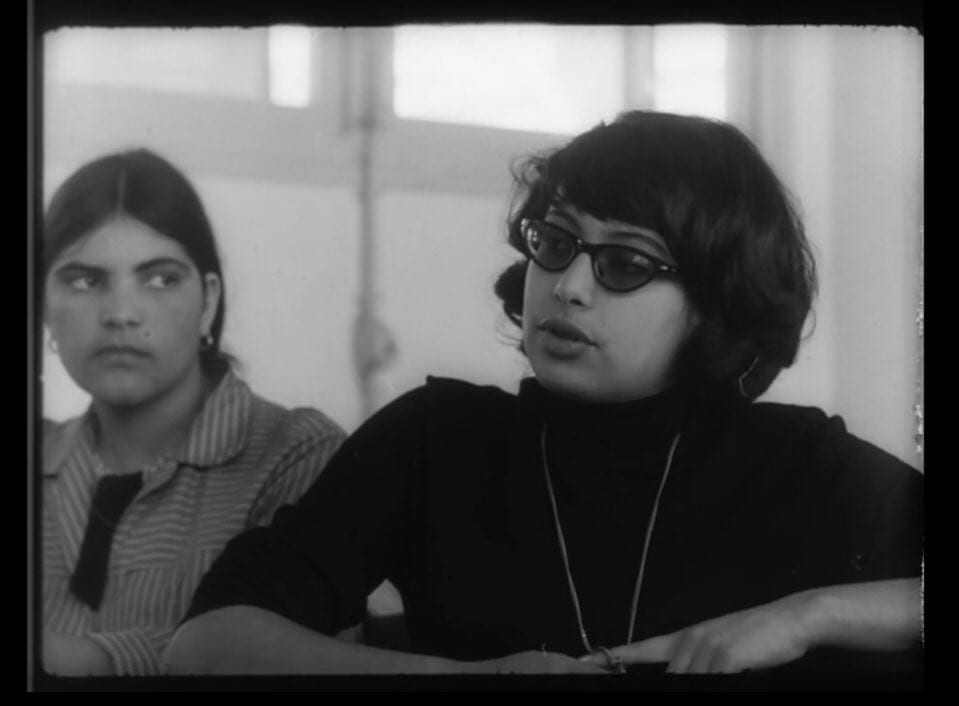The Wexner Center for the Arts will showcase the female fight for freedom across generations through a film event held during Women’s History Month.
“Signs of Remembering: Women’s Resistance in Middle Eastern and North African Documentaries” will feature a series of six documentaries surrounding the theme of female resistance over time and across the globe. The films will be available to stream March 19-26 with the exception of “The Women,” which will be available until April 2.
Dareen Hussein, a second-year graduate student in the Department of History of Art and co-curator for the event, said this series of documentaries highlights issues such as class, labor and oppression in the Middle East and North Africa as they relate to women.
“A lot of these films are drawing on the ways that women’s experiences and women’s resistance has been erased or sidelined out of dominant national historical accounts,” Hussein said. “It’s really thinking about the ways that these different filmmakers are using film to challenge history and to write women back into history.”
Hussein co-curated the film lineup with Layla Muchnik-Benali, curatorial assistant in the film and video department at the Wexner Center. Muchnik-Benali said although the films were produced from as early as 1966 to as late as 2017, the documentaries all follow similar themes.
“A lot of the times, things repeat themselves,” Muchnik-Benali said. “There are cycles of resistance, cycles of oppression and people who are marginalized are constantly fighting for their own rights and resisting. I feel like there’s this sort of temporal jump in the series, or like conversation dialogue between the past and the present that feels strong to me.”
Included in the documentary showing is a recorded video conversation between the curators and Mary Jirmanus Saba, the creator of “A Feeling Greater Than Love,” one of the featured documentaries. Muchnik-Benali said this conversation touches on the concepts of unresolved questions and linear progress.
“Sometimes you can’t answer everything, and sometimes you’re actually asking more questions in your work,” Muchnik-Benali said. “And I think it’s affirming to hear from a filmmaker who’s made a film that she still has questions, and it’s not like this resolved pretty package at the end of the day.”
Hussein said Saba’s film brings women into the conversation surrounding leftist organizations in Lebanon during the civil war of 1975, despite most of the related narratives and stories being centered around men.
“She really felt like a small group of men had an economy over the telling and retelling of the history of these different worker strikes,” Hussein said. “Her film does a really good job of sort of bringing in women’s voices in that conversation, women who are involved in the strikes.”
Muchnik-Benali said the films can offer insight into rebellion and the way it has always found a place in history.
“I think as long as there’s been any kind of system of power there have been pockets of total rebellion, and I think that gets erased from history all the time,” Muchnik-Benali said. “It’s dangerous to erase those histories because it makes you feel like you’re alone. It makes you feel like you’re unprecedented.”
“Signs of Remembering: Women’s Resistance in Middle Eastern and North African Documentaries” can be viewed on the Wexner Center’s website. The films are free for all viewers, and the only film that requires registration is “The Zerda and the Songs of Forgetting,” which is accessible through the film’s event page.



